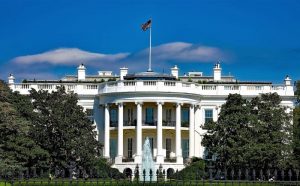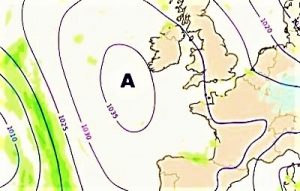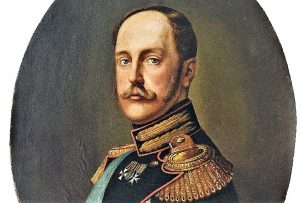Federal state
A federal state is a system of government that is divided between the power of a larger central government and the underlying local or regional governments. In the United States, the powers of the federal government were established by the Constitution. Federal governments are those that function best in countries of large proportions and that have great diversity among their citizens, although there is still a common culture to unite them all. The federal state is then, one of the divisions into which a federation is divided.

Related topics
Parliamentarism, presidentialism
What is a federal state?
A federal state is a system of government in which power is divided between a central and larger government and its local, regional, or state governments that are below the central power
About federal state
A federal state is also known as a Federation or Federal Republic. A federal government is a system that was designed to take power from the wealthiest, and give it to the poor, so to speak. Power is then divided between the central government, which is the largest, most important, and strongest government a nation has, and the state and regional governments, which are smaller governments located within the same nation. This is done by assigning certain responsibilities to each of the sectors that make up the federal state so that, each of its constituent governments has a certain task to fulfill and perform.
Characteristics
Among its main characteristics we can mention the following:
- It is made up of different bodies such as associations, groupings, trade unions that are associated with a higher body that belongs to the State.
- They have a certain amount of autonomy.
- Government actions are distributed among a group of associated states.
- The federal state has a written constitution that is sometimes known as a Carta Magna and is responsible for regulating the principles by which the government is ruled.
- It has a territorial division since it is formed by the division of powers over the territory.
- In addition to a central government, there are also different lower governments that help make decisions regarding some public services depending on where it is located.
- The country’s judicial action is given through a supreme court of justice.
Decentralized federal state
This type of state is when the power of a central government is transferred to hierarchically subordinate authorities. This relationship can never be vertical. It can be of three types: political, administrative and social. In this way, we can say that the decentralized government is the type of state in which power is attributed through the central government, and local governments are in charge of working as its agents. It has its own patrimony and manages its business independently from the main administration. It is a government in which only the State can exercise some kind of power. In addition, it is based on the principle of autarchy, which is a political and economic organization of the state based on self-supply.
Difference between unitary and federal state
The difference is that the unitary state can be organized as a single center, its form of organization encompasses and is defined over the entire territory. The federal state divides the country into different groups, either by provinces or by states, and these have authority over the territories. In the unitary state, political power is directed to the whole territory by means of legal authorities in charge of enforcing the law, and the federal state has a political system of the republican and monarchic type.
Advantages
- The agreements between the governors can be more localized and have a more direct bond, since the authorities are closer to the citizens.
- It increases and facilitates citizen participation.
- It makes it easier to know the problems of the communities and the possible solutions.
- It helps the government to develop policies, monitor public administration and evaluate results.
Disadvantages
- The agreements that occur between the governors and the inhabitants of the village can give rise to coordination problems that undermine the effectiveness of the action of the same government.
- It finds it difficult to carry out tasks together.
Examples of federal states
For example, in the United States, the U.S. Constitution dictates that the federal government has the ability to maintain control over such things as the creation of money, the granting of patents, and the creation of lower courts. Another example of federal government responsibility includes the power to declare war. These are known as “delegated powers” and are specifically listed in Article 1 of the U.S. Constitution.
How to cite this article?
Briceño V., Gabriela. (2019). Federal state. Recovered on 23 February, 2024, de Euston96: https://www.euston96.com/en/federal-state/









